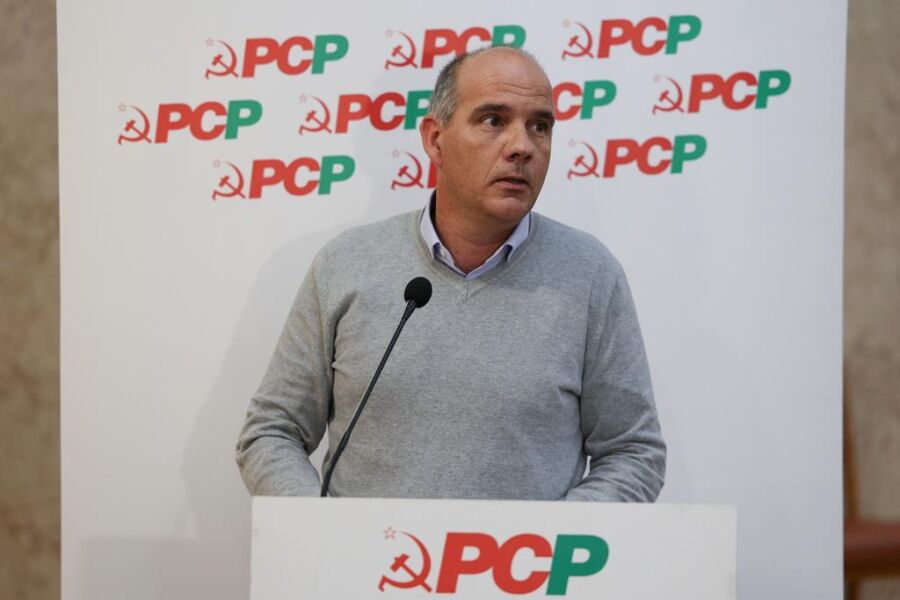Only PCP offer way out of latest shambles
On an incredibly significant Sunday (when leading EU countries are in London to discuss the way forwards with regard to Ukraine), Portugal’s political leaders are dealing with the consequences of having rushed headlong down a one-way street last night, leading nowhere useful.
As all opposition parties reacted to the prime minister’s ‘address to the nation’ during 8pm news bulletins, it became horribly clear that his ‘challenge’ of a motion of confidence has fallen flat: no parties are prepared to say they have confidence in Luís Montenegro’s precarious coalition, thus, if he presents a confidence motion, he will effectively be leading the country into another costly round of legislative elections – months after the last, and in a year in which voters will be expected to go to the polls to elect new municipalities, and then in January, a new president. Portugal’s voter turnout is rarely ‘stellar’, so the prospect of three elections in a matter of months, could (very possibly would) end up in the same kind of political ‘deadlock’ as the country has right now.
So, how to get out of this cluster shambles? On RTP3 television after 10pm last night, finance minister Joaquim Sarmento Miranda began what looks like a seat-of-the-pants u-turn, aided, it seems, by none other than PCP communists.
While every party has said the equivalent of “we will be not show confidence in this government”, PCP communists have said they have so little confidence that they will be presenting a ‘motion of censure’ (very much like the motion of censure presented by CHEGA two weeks ago, which the government ‘survived’, albeit with ‘many questions left unanswered’).
The PCP’s motion is likely to come up for voting in parliament within the next few days, and when it does – and if it is not ‘approved’ by the other parties (which is the likely result) – Miranda Sarmento told RTP3 that this, on its own, would show ‘confidence in the government’, and thus preclude the PM’s presentation of a motion of confidence.
If all this leaves readers reeling, suffice it to say political leaders are scrabbling for a way out of doing what they said they would do last night, and think they may have found it.
What any of this has to do with the ‘good of the country’, of course, has been lost in all the posturing.
Leader writers are not impressed: the feeling is that the prime minister is using “risky political games” to try to avoid giving the explanations about his personal wealth and family business dealings that pressure has been demanding. Armando Esteves Pereira, deputy editorial director of people’s tabloid Correio da Manhã, recalls that the ruse of handing over the family business to the prime minister’s sons may sound good on paper, but they were just 18 and 15 when they became their father’s business partners in 2021: “They have an admirable professional curriculum”, he concludes with just a hint of sarcasm..
This ‘crisis’ will mark the next week, but for now the nation’s media is trying to move on.
What seems tragic, however, is that with all the truly important events marking current times, Portugal’s politicians are fighting like rats in a sack over something exceptionally minuscule in the ‘grand scheme of things’. The country is not even represented in the meeting ongoing in London today to try and salvage a way forwards for Ukraine, and create conditions of safety for Europe as a whole.




















